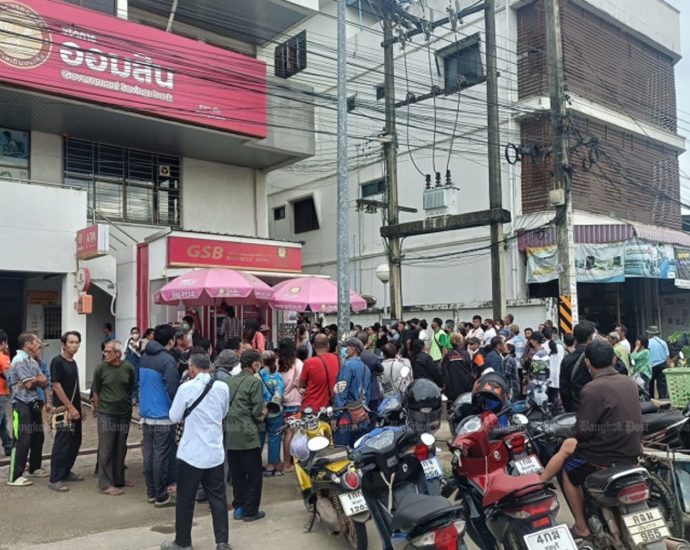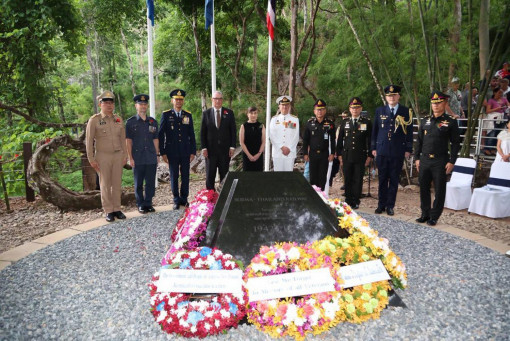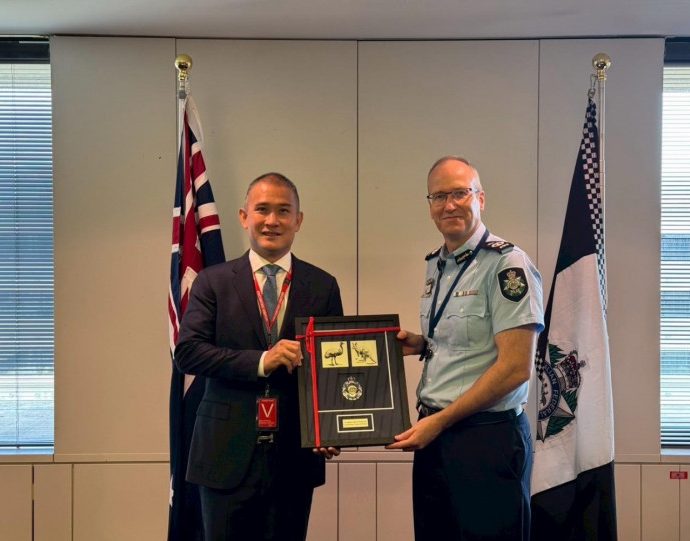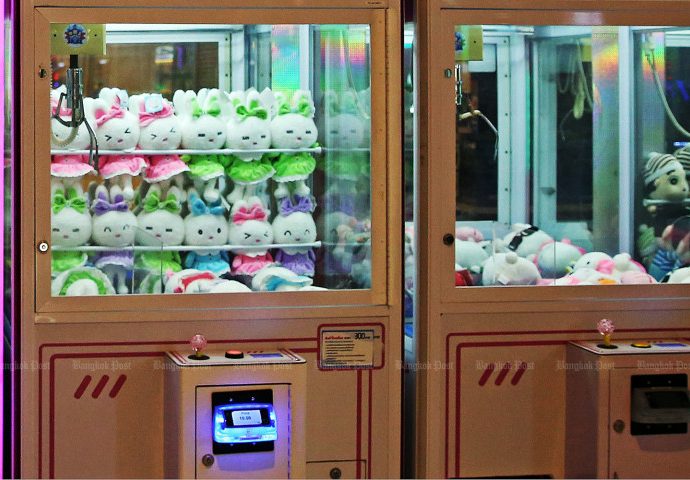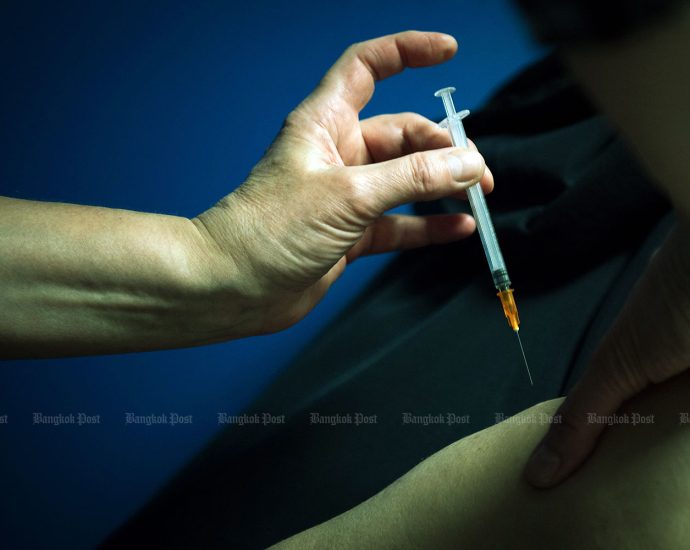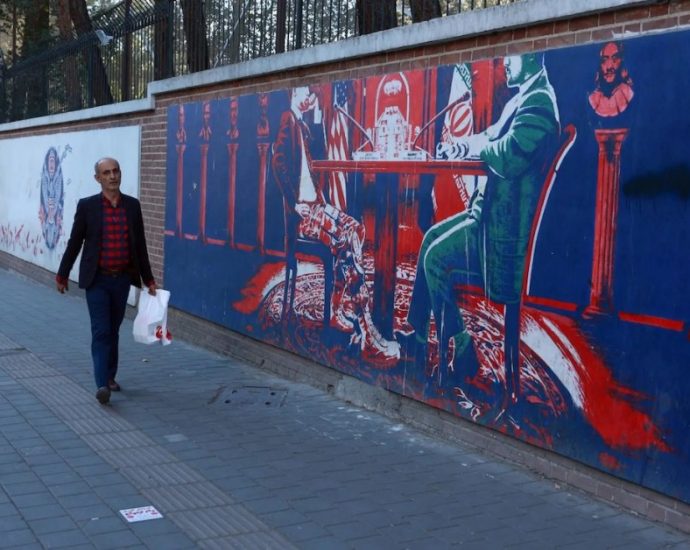GE2025: Campaign trail heats up as candidates make weekend push
SINGAPORE: As GE2025 enters the weekend, Campaigning is in full swing on Saturday ( Apr 26 ). More than 10 walkabouts are already planned for this night alone. And that doesn’t even include the nine gatherings scheduled for Saturday night, according to the bsp. Following us as we share theContinue Reading




